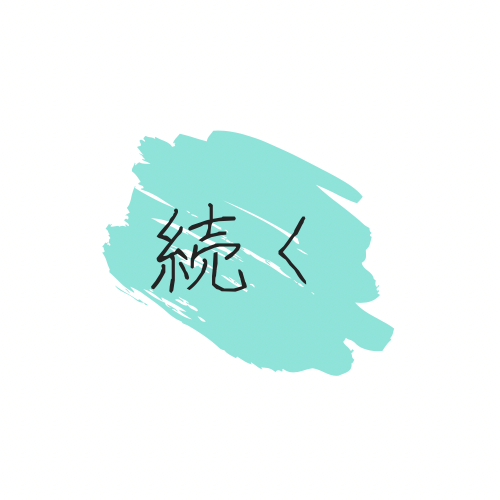
問題文:
三日前から 雨が 続いている。
- ういて
- うごいて
- ついて
- つづいて
正解は…
4. つづいて です。
The translation of the sentence in English is
“It has been raining for 3 days.”
te form ういて 浮いて⇔dictionary form 浮く to float[Intransitive]
例文:
ボールが 水面に 浮いている。
A ball is floating on the water’s surface.
te form うごいて 動いて⇔dictionary form 動く to move[Intransitive]
例文:
もっと速く動かないと、 ボール取れないよ。
If you don’t move much faster, you won’t be able to catch a ball.
te form ついて 突いて/付いて/着いて/就いて⇔突く/付く/着く/就く to stab, to attack with stick, to poke/to stick to/to arrive/to get a new job[Intransitive]
Depending on the Kanji we use for つく, the meanings are different.
例文:①突く(つく or つつく)
彼は 何か言いたいとき、 よく 私を 突いてくる。
When he has something to tell me, he often pokes me with his fingers.
例文:②付く
セーターに ソースが付いちゃった。 すぐに洗わないと。
I got a sauce stain on my sweater. I have to wash this immediately.
例文:③着く
もうすぐ着くから、 ちょっと待ってて。
I’ll get there so hold on for a second.
例文:④就く
やっと新しい仕事に就けた!
I’ve finally got a new job!
te form つづいて 続いて⇔dictionary form 続く to last[Intransitive]
例文:
悪いことが続いた後には 良いことがあるらしいよ。
After bad things last, they say that good things would happen.

Leave a Reply